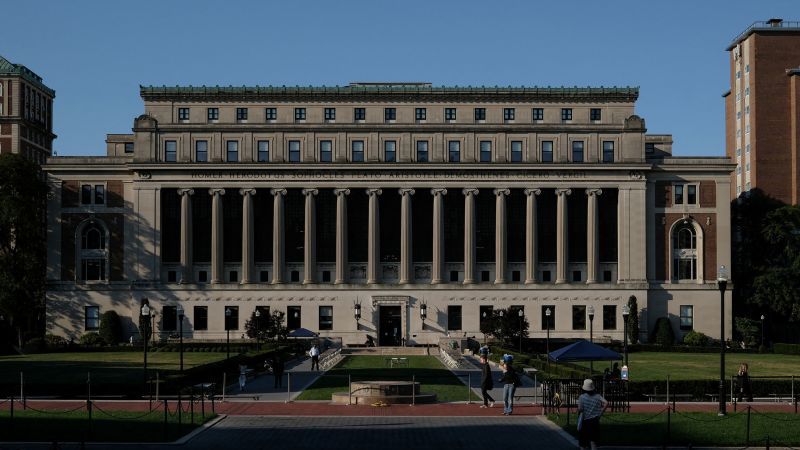Columbia University is negotiating a significant agreement with the Trump administration aimed at restoring over $400 million in federal funding. This settlement comes after months of discussions involving a commitment from the university to address alleged civil rights violations and enhance campus safety, particularly for Jewish students.
The proposed deal includes a multimillion-dollar payment to victims of these violations, alongside reforms in the university’s diversity, equity, and inclusion policies. Additionally, Columbia is expected to improve transparency in its hiring and admissions processes. In exchange for these commitments, the university would regain access to crucial federal funding that was previously withdrawn by the administration.
Details of the Negotiation
Trump administration officials and representatives from Columbia are set to meet at the White House next week to discuss the terms, which, although still subject to change, may serve as a framework for similar agreements with other universities. The Washington Free Beacon first reported on the potential terms of this deal. A source familiar with the negotiations indicated that the administration’s approach has involved a financial penalty structure for elite institutions, including Columbia and Harvard University.
The urgency of these discussions has escalated due to pressure on universities from the Trump administration to tackle antisemitism on their campuses. This pressure has raised significant questions regarding academic freedom and the federal government’s role in university governance. Columbia’s board of trustees convened on July 6, 2023, to review the proposed terms of the settlement.
The administration has previously indicated that it could withdraw Columbia’s accreditation if the university does not comply with measures to combat discrimination. In contrast to its dealings with Harvard, Columbia has adopted a less confrontational stance, which has reportedly made the administration more receptive to its proposals.
Implications for Columbia and Higher Education
The negotiations come at a time when Columbia is facing scrutiny over its handling of antisemitic incidents on campus. Acting President Claire Shipman highlighted the increasing financial pressures the university faces due to the administration’s initiatives, stating that the potential loss of funding could jeopardize decades of research and innovation.
Shipman expressed the importance of restoring the university’s partnership with the federal government, while also addressing concerns that reaching a resolution could be perceived as capitulation. Columbia has been engaging in conversations about the rise in antisemitic incidents, committing to change and acknowledging the need for further progress.
President Trump commented last week on the negotiations, indicating optimism for a settlement with both Columbia and Harvard, stating, “They want to settle very badly. There’s no rush.” He described the financial implications as involving “a lot of money.”
As negotiations progress, the outcome may set a precedent for how universities navigate federal funding and compliance with government policies, particularly in relation to diversity and inclusion initiatives. The situation highlights the delicate balance between maintaining academic independence and responding to governmental pressures.
